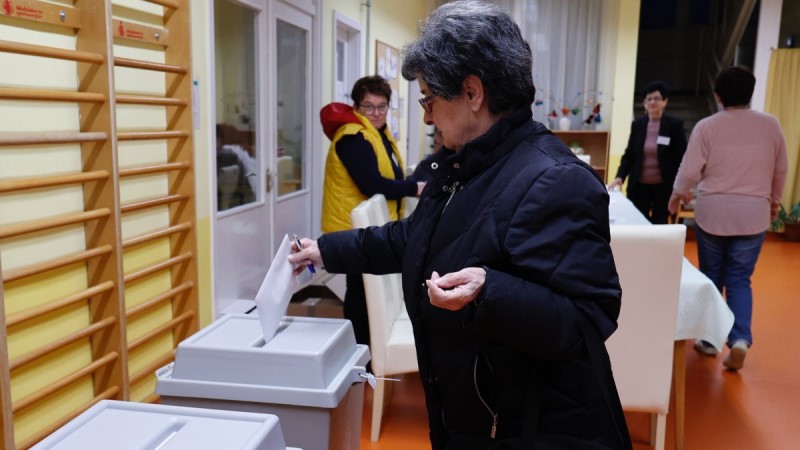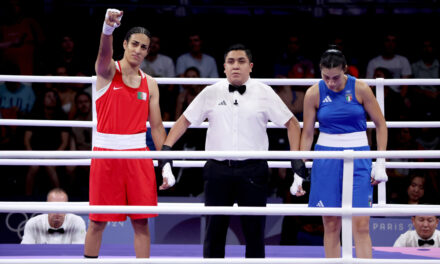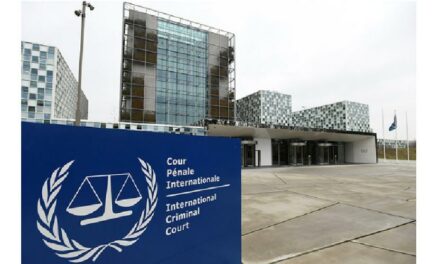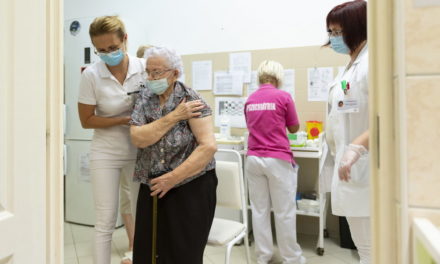Tamás Maráczi interviewed two election observers on Mandiner, from which we highlight some details.

Photo: Tamás Gyurkovits
According to a British Lord, the Hungarian voting was professional
"We did not see any indication that there were any irregularities in the casting of votes that would have affected the outcome of the elections," a member of the election monitoring delegation of the Parliamentary Assembly of the Council of Europe told the newspaper. Lord James Wharton, politician of the British Conservative Party, former parliamentary secretary of state, former campaign manager of Boris Johnson, member of the House of Lords, was present at the Hungarian election as an observer on Sunday. Our interview.
How many polling stations did you personally visit and where did you go?
I visited more than a dozen polling stations, we visited outside Budapest, drove several hours in the countryside, and then visited several polling stations in the capital. We moved in a group as election observers of the Parliamentary Assembly of the Council of Europe, and we were in constant contact with our other colleagues.
And what was your experience and the impression of your colleagues?
We will soon publish this in a formal way, we will have a comprehensive report on the parliamentary elections in Hungary. I wasn't able to talk to everyone, there wasn't time to compare these experiences in detail, but in general, my impression was that the election took place in a calm, normal manner. I visited Hungary for the first time, and I was surprised to see how similar the voting method is to the British system.
We saw a calm atmosphere everywhere, the voting process was very well organized, the polling station committees worked in a professional manner, the efficiency of the execution was impressive.
You can read Tamás Maráczi's entire article here

Photo: Tamás Gyurkovits
The OSCE should be more balanced - Jerzy Kwasniewski for Mandiner.
"In a country where the opposition media is so strong and where political life is so polarized, every case of suspected fraud would immediately appear on some surface of the public," says the head of the Polish conservative legal research center Ordo Iuris, who led an election observation group that followed the entire Hungarian election. choice. According to Jerzy Kwasniewski, the Hungarian voting rules are stricter than in Poland. Our interview.
What settlements did you visit, and how many polling stations did you have the opportunity to see in person?
We are still counting the total number of polling stations that our entire delegation was able to see.
I estimate that we were able to see nearly 60 polling stations.
We visited all the constituencies in Budapest, but we visited Lake Balaton, near the Slovakian border, then also the settlements along the Ukrainian border, and of course also around Budapest. We tried to plan our visits in such a way that our observers would get to know as many voter groups and regions as possible, so that they would get as nuanced a picture of the entire Hungarian voter base as possible. We wanted to probe not only Budapest, but also smaller towns and villages throughout the country. In addition, we also went to a region where a significant ethnic minority lives.
And did they find significant differences between the different constituencies?
Not really. I have not received any information from our observers that would have reported any serious incidents.
Are they aware of signs of electoral fraud?
No. Of course, there are smaller cases, such as individuals trying to dissuade others from voting near the polling stations, or there were attempts to buy votes, mainly among the marginalized social strata. There were those who could not go to the polling station for some reason, so they needed the help of the local voting committee, and in some cases local party representatives had to be warned not to influence the voting process.
the full interview here .













